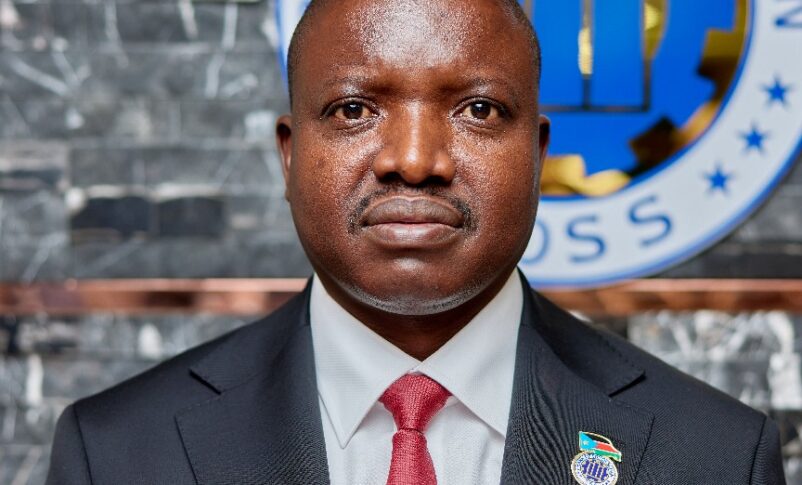South Sudan secures access to African disaster risk financing
June 3, 2024 (JUBA) – South Sudan has secured access to African disaster and risk financing mechanisms, enhancing its chances of receiving financial support.
South Sudan’s Central Bank governor, Dr. James Alic Garang said the country will now be able to connect with other nations in the region to respond efficiently.
He was in Kenya to attend the African Development Bank (ADB) conference.
“Before we concluded the meeting, South Sudan had the opportunity to be granted access under a financing mechanism called Africa disaster and risk financing”, Garang said on Sunday, adding, “It is one of those that will allow us to connect with Ethiopia and other countries in the region”.
The continental financial program promotes disaster response mechanisms in which the ADB provides support to its regional member countries to cover their insurance premiums and plans for climate disasters. It combines resilience and emergency response to evolve how we deal with the long-term crisis impacts of the drought while offering a way to make premium subsidies sustainable and enabling access to subsidy and sustainable and concessional funding through the continental bank to help countries move to proactive risk management.
The governor said the conference provided an opportunity to lure investors into the country, while pledging commitment to provide a conducive environment.
“The meeting was very successful. There were so many opportunities where we met at the regional level and discussed some issues. Of those was the issue of connecting countries. Of course, one of the least connected countries in South Sudan, and the emphasis from the group is that if there is anything that can be done to foster access to resources, both in the region and the African Development Bank, then it should be done”, he explained.
Garang said the annual meeting made and passed several resolutions, among which included, how the financial institution can deliver on five priority areas: the need to light up, empower, connect, integrate and feed the African continent.
Since it attained its independence in July 2011, South Sudan has been grappling with multiple, entrenched, deep, and hard-hitting economic, political, and social problems exacerbated by high inflation resulting from soaring prices.
The country’s currency, the South Sudanese Pound (SSP), has sharply declined against the foreign exchange rate, largely dominated by the United States dollar.
Economic experts from the region and international organizations, including The International Crisis Group (ICG), have expressed great concerns over the current economic and financial situation South Sudan is grappling with following the disruption of oil exports, affecting the flow of resources into the national treasury.
(ST)

